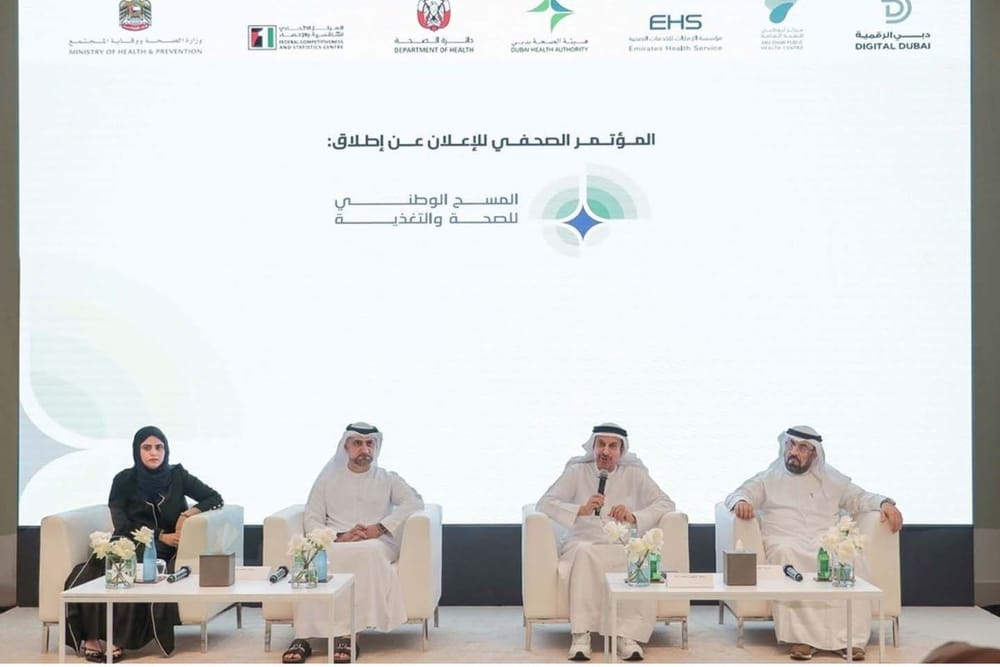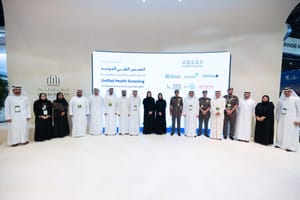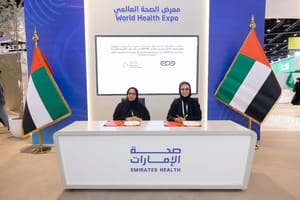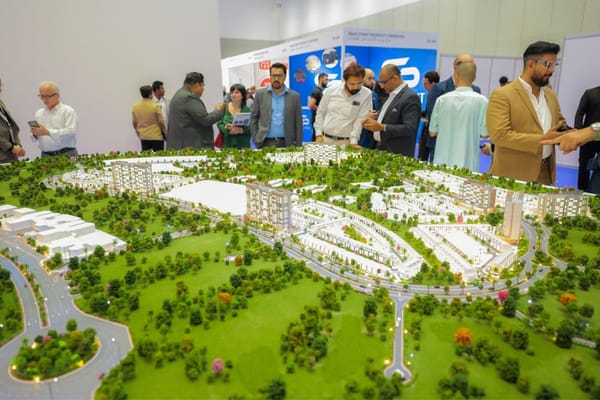The Ministry of Health and Prevention (MoHAP) has launched the National Survey for Health and Nutrition 2024-2025 to inform health policies and development goals by 2030.
Collaborating with various entities, including the Federal Competitiveness and Statistics Centre, the survey aims to collect reliable data on health status and nutrition, ensuring confidentiality and adherence to international standards. Key objectives include updating health and nutrition databases, measuring performance indicators, and informing policy planning.
The survey will assess socio-economic factors, noncommunicable diseases, healthcare accessibility, and nutrition metrics, aiming to enhance public health strategies and food-related policies.
Dr. Al Rand emphasized the significance of health surveys endorsed by the WHO in shaping plans and improving public health. The goal is to elevate the UAE's health sector to global leadership standards through robust data collection for refined planning and performance enhancement. MoHAP utilizes this data to craft health policies, programs, and research, aiming for a proactive, integrated health system.
Partnerships with entities like the Federal Competitiveness and Statistics Centre are vital for the success of initiatives like the National Survey for Health and Nutrition 2024. Mohamed Hassan highlighted the importance of statistical data in supporting the UAE's development, ensuring confidentiality, and utilizing advanced technologies for data collection and analysis. The survey outcomes will enhance the national health system, elevate service levels, and bolster the country's global competitiveness, ultimately ensuring prosperity for citizens and residents.
Dr. Abdullah Al-Naqbi of Emirates Health Services highlighted the National Health and Nutrition Survey 2024's role in advancing UAE's health services in line with national and global development goals. The survey, aligned with We the UAE Vision 2031 and Sustainable Development 2030, aims to enhance planning and develop preventive and curative health programs, ultimately improving the quality of life for all residents.
Dr. Alia Harbi explained the survey's methodology, targeting 10,000 families and 2,000 workers for health data collection, while Khalid Al Jallaf of Dubai Health Authority emphasized the global significance of such surveys and UAE's commitment to health sustainability and modernization. The survey's outcomes will inform policy-making and strategic planning to realize the nation's vision.
News Source: Emirates News Agency









